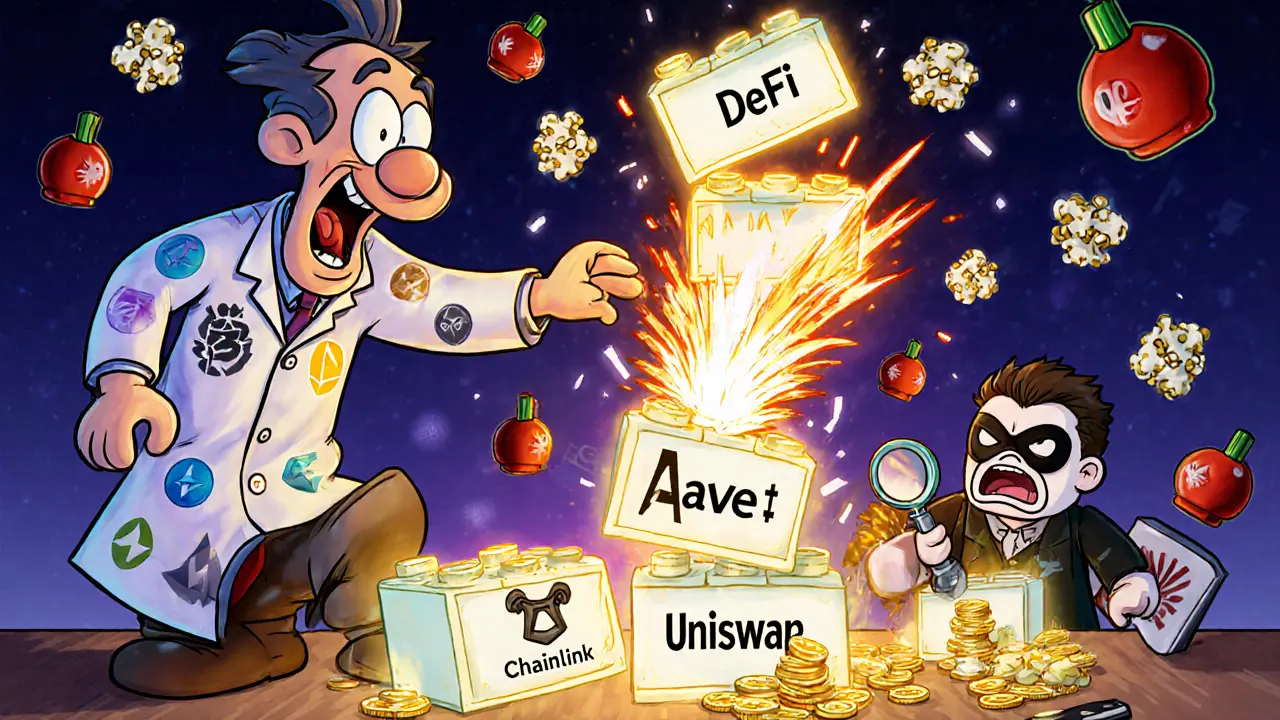API Security: Protect Your Crypto Apps from Breaches and Scams
When you connect your wallet to a DeFi app, trade on an exchange, or automate trades with a bot, you're using an API, a set of rules that lets software programs talk to each other. Also known as application programming interface, it’s the invisible bridge between your funds and the platforms you use. But if that bridge isn’t secured, hackers can walk right in—and steal everything. API security isn’t just a tech buzzword; it’s the difference between keeping your crypto safe or losing it to a phishing attack, stolen key, or poorly coded exchange.
Most crypto breaches don’t happen because someone cracked Bitcoin’s blockchain. They happen because someone leaked their API key, a unique code that gives programs access to your account without your password. Think of it like a master key to your bank account—once a scammer gets it, they can withdraw funds, change settings, or even drain your wallet through automated scripts. That’s why platforms like VinDAX, ko.one, and OKX list API security as a core feature. And why exchanges like CPUfinex and Kibho Coin raise red flags—not just because they’re shady, but because they often skip basic API protections like IP whitelisting, request limiting, or two-factor authentication for key usage.
It’s not just exchanges. DeFi protocols like Across Protocol, SynFutures, and Uniswap v4 rely on API calls to move assets between chains or execute trades. If their backend APIs aren’t locked down, attackers can manipulate price feeds, drain liquidity pools, or trick users into approving malicious transactions. Even airdrops like DeFiChain or Elemon require API interactions to claim tokens—so if you’re using a third-party tool to claim them, you’re trusting its API security too. And let’s be real: most crypto scams today aren’t about fake coins. They’re about fake API integrations that look legit until your wallet is empty.
API security isn’t optional. It’s the first line of defense for anyone using crypto tools beyond a simple wallet. Whether you’re trading on a DEX, staking on a lending platform, or running a bot, you need to know how your keys are stored, who has access, and what permissions they have. The posts below break down real cases—from how Taiwan’s VASP rules force exchanges to tighten API controls, to how India’s banks block withdrawals when suspicious API activity is detected. You’ll see what security features actually matter, which exchanges get it right, and which ones are just pretending. No fluff. Just what you need to protect your money before it’s too late.

Composability vs Security Trade-offs in Blockchain Systems
Composability lets blockchain apps combine modules for faster innovation, but each connection adds security risk. Learn how to build securely without giving up speed.